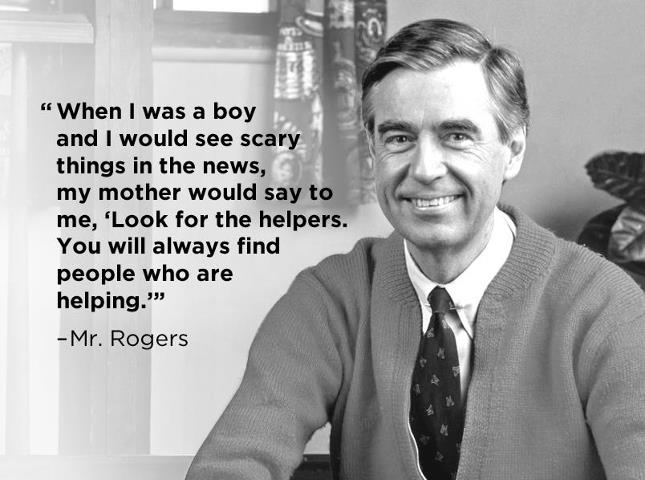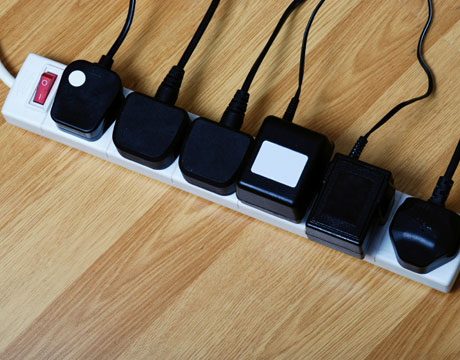The Women’s Ministry Council ended our 2017 year meeting in a new location. CareNet Pregnancy Services of the Treasure Coast has opened up their new facility as hosts for the WMC meetings in 2018. This is a blessing for us, and an answer to prayer. We are so excited about this partnership and to be able to bring our leaders through the doors of CareNet and see how they serve the women in our community.
We were also blessed to be joined by Rozanne Brown of CareBag and Kenya Reinhard from 4Kids Treasure Coast, as guest speakers.
CareBag is a non-profit organization that serves the homeless in the Treasure Coast, as well as helping those transitioning from homelessness into housing. What WMC loves about Carebag is not only that they are serving the least of these in our area, but it’s not just about giving them provisions but helping to restore dignity. CareBag is currently fundraising for a mobile shower truck, that would be made available to our “neighbors without walls”. Being about to shower isn’t just about being clean, but also about lifting up one’s mood. Who doesn’t feel better after a good shower? In addition, it allows these residents of our community to be presentable for job interviews as they try to stabilize their lives. Please visit CareBag’s site to learn more about how you can help with the fundraising project, volunteer when CareBag serves out in the field, or other ways you can support the good work being done in our community.
Partner with CareBag as a Women’s Ministry by:
- Follow CareBag’s Facebook Page for any immediate needs that can be met.
- Host a collection drive for supplies that can go into CareBag’s that are delivered to the community.
- Hold a fundraiser at your next Women’s Ministry event toward the Mobile Shower Unit.
- Talk with your Pastor about financially supporting CareBag.
- Volunteer in the community with CareBag as a ministry team.
4Kids Treasure Coast serves our foster community by connecting children with foster parents, support for those who are fostering, and those who move from fostering to adoption. As they partner with churches, they are also able to create a network of support within the church as families open their homes to foster children. Frankly, we need more Foster Families in the Treasure Coast. 4Kids is raising awareness on how we can all support this need. You can become a Foster Family, donate toward building and equipping Foster Homes and Facilities, and also by supporting the Foster Families in your church (or encouraging more families to consider fostering). For more information on becoming a Foster Family, or how to introduce fostering to your church… please visit 4Kids Treasure Coast’s site.
Partner with 4Kids Treasure Coast as a Women’s Ministry by:
- Volunteering at the 4Kids offices stuffing information folders, mailers, and general needs.
- Host a collection drive for items that foster children/families may need.
- Fundraise toward the costs of building and equipping 4Kids Homes.
- Create a stack of prayer cards for 4Kids to pass on to the children, foster parents.
- Become a liaison in your church coordinating support for your foster family needs. What a great position to add to your Women’s Ministry Team!
We’d like to thank Kregel Publications for donating copies of Letitia Suk’s book, Getaways with God, for our drawing prizes.
Tomorrow, Tuesday, come back to the site for a recap on the remained of our “Rest & Retreat” event and information on how you too could win a copy of Getaways with God!













